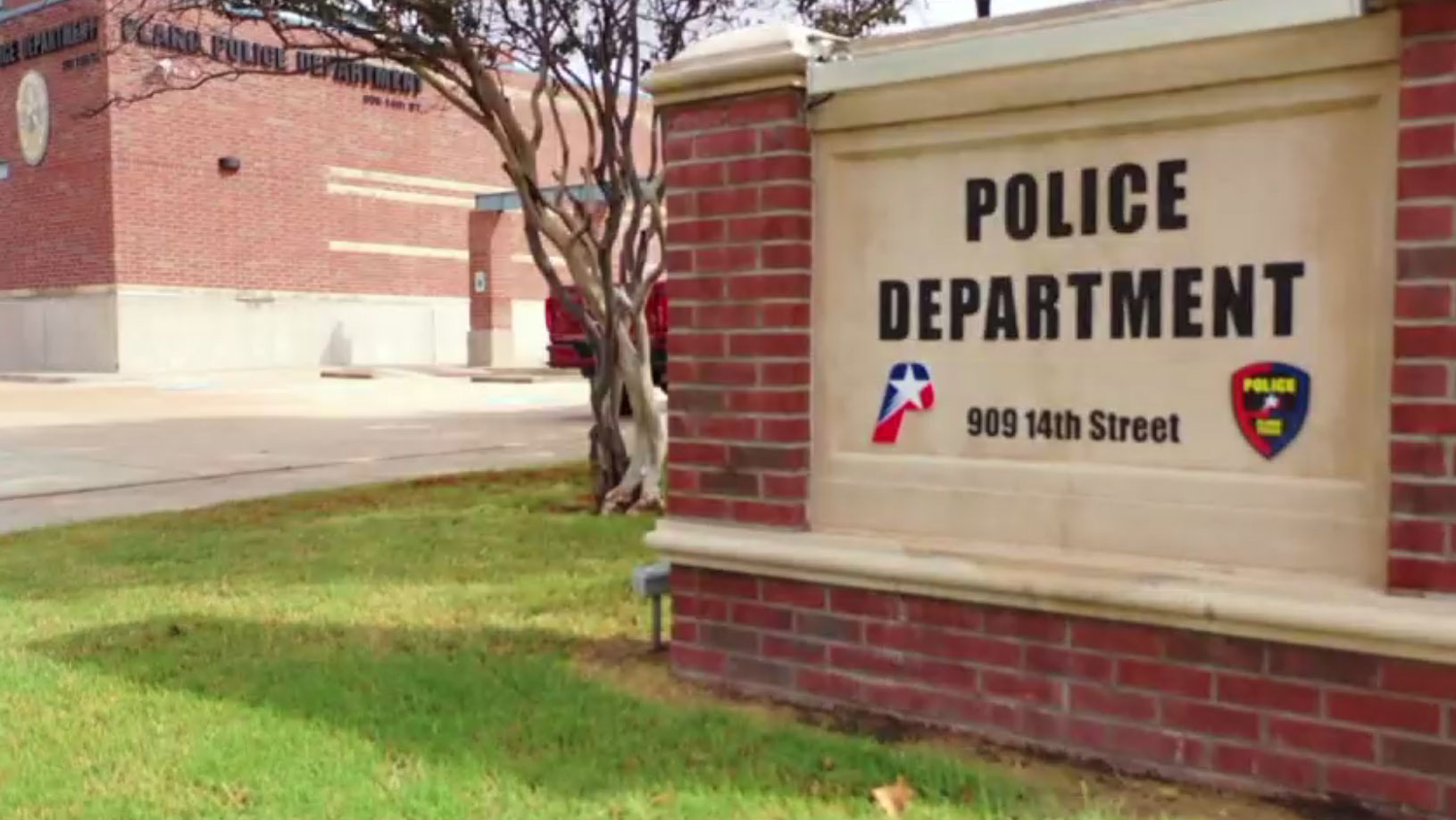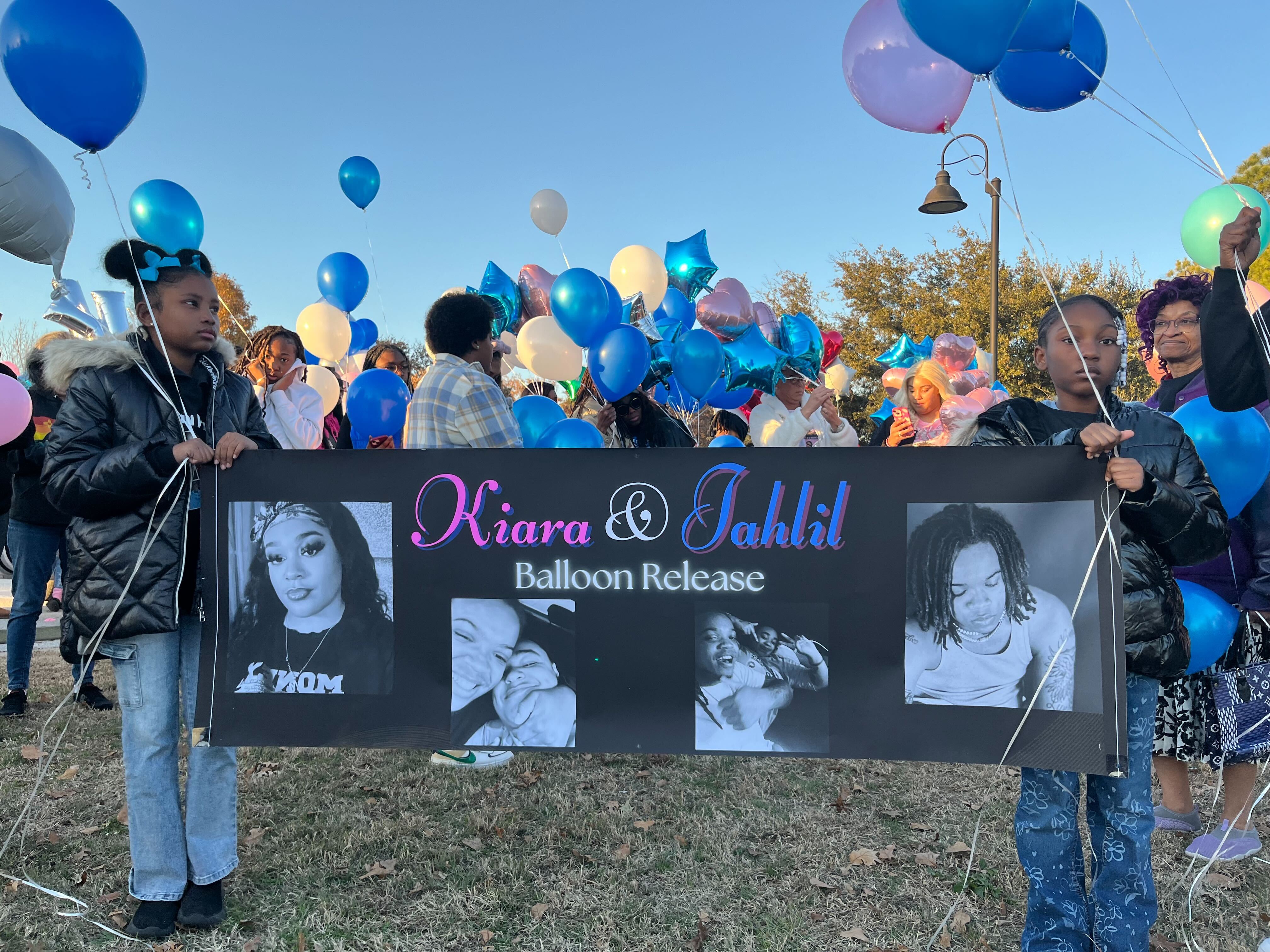Federal officials said a top drug supplier in the Carrollton juvenile fentanyl case pleaded guilty Thursday to a federal drug crime.
The case is linked to at least 14 juvenile overdoses, four of them fatal.
According to a press release from the U.S. Attorney's office, 18-year-old Julio Gonzales, Jr., was charged in July with conspiracy to distribute fentanyl and was indicted in August.
Thursday, they said he pleaded guilty to one count of conspiracy to possess with the intent to distribute fentanyl.
Get top local stories in DFW delivered to you every morning. >Sign up for NBC DFW's News Headlines newsletter.
According to the press release, plea papers indicate that Gonzales admitted to getting and selling about 120,000 fake M30 pills laced with fentanyl to multiple customers.
One of those customers, a juvenile dealer, is a co-defendant in the case, according to the release.
The release also cited court documents that indicate that a 16-year-old dealer, who delivered pills that killed a 14-year-old girl in December of 2022, allegedly identified Gonzales in February 2023 as being his supplier.
Local
The latest news from around North Texas.
The U.S. Attorney said Drug Enforcement Administration agents searched Gonzales' home which was used to store and sometimes distribute illegal drugs, including the fake M30 pills. In that search, agents found thousands of those fentanyl-laced pills stuffed in the microwave, "a partial kilogram of cocaine tucked in a plastic food storage container, bulk U.S. currency hidden in the closet, and numerous firearms, including a pistol equipped with an illegal Glock switch, littered throughout the home."
According to the press release, Gonzales is the eighth defendant in the Carrollton/Flower Mound juvenile overdose investigation to plead guilty.
The others entered their guilty plea earlier this year, according to the U.S. Attorney's office, including another 18-year-old supplier.
Gonzales now faces up to 40 years in federal prison.
Luis Eduardo Navarrete, one of the first dealers charged in the scheme, is a codefendant in this case. He has been charged, but not yet convicted.
WHAT IS FENTANYL?
Fentanyl is a synthetic opioid that is 50 times more potent than heroin and 100 times more potent than morphine. Just two milligrams of fentanyl, which is equal to 10-15 grains of table salt, is considered a lethal dose.
Without laboratory testing, there is no way to know how much fentanyl is concentrated in a pill or powder. If you encounter fentanyl in any form, do not handle it and call 911 immediately.
Fentanyl remains the deadliest drug threat facing this country. According to the Centers for Disease Control and Prevention, 107,622 Americans died of drug overdoses in 2021, with 66% of those deaths related to synthetic opioids like fentanyl.
Drug poisonings are the leading killer of Americans between the ages of 18 and 45. Fentanyl available in the United States is primarily supplied by two criminal drug networks, the Sinaloa Cartel and the Jalisco New Generation Cartel (CJNG).
WHAT IS RAINBOW FENTANYL?
In August 2022 the Drug Enforcement Administration issued a public advisory about the alarming emerging trend of colorful fentanyl available nationwide.
Brightly-colored fentanyl, dubbed "rainbow fentanyl" in the media, is being seized in multiple forms, including pills, powder, and blocks that resemble sidewalk chalk.
“Rainbow fentanyl—fentanyl pills and powder that come in a variety of bright colors, shapes, and sizes—is a deliberate effort by drug traffickers to drive addiction amongst kids and young adults,” said DEA Administrator Anne Milgram. “The men and women of the DEA are relentlessly working to stop the trafficking of rainbow fentanyl and defeat the Mexican drug cartels that are responsible for the vast majority of the fentanyl that is being trafficked in the United States.”
Despite claims that certain colors may be more potent than others, there is no indication through DEA’s laboratory testing that this is the case. The DEA said every color, shape, and size of fentanyl should be considered extremely dangerous.



